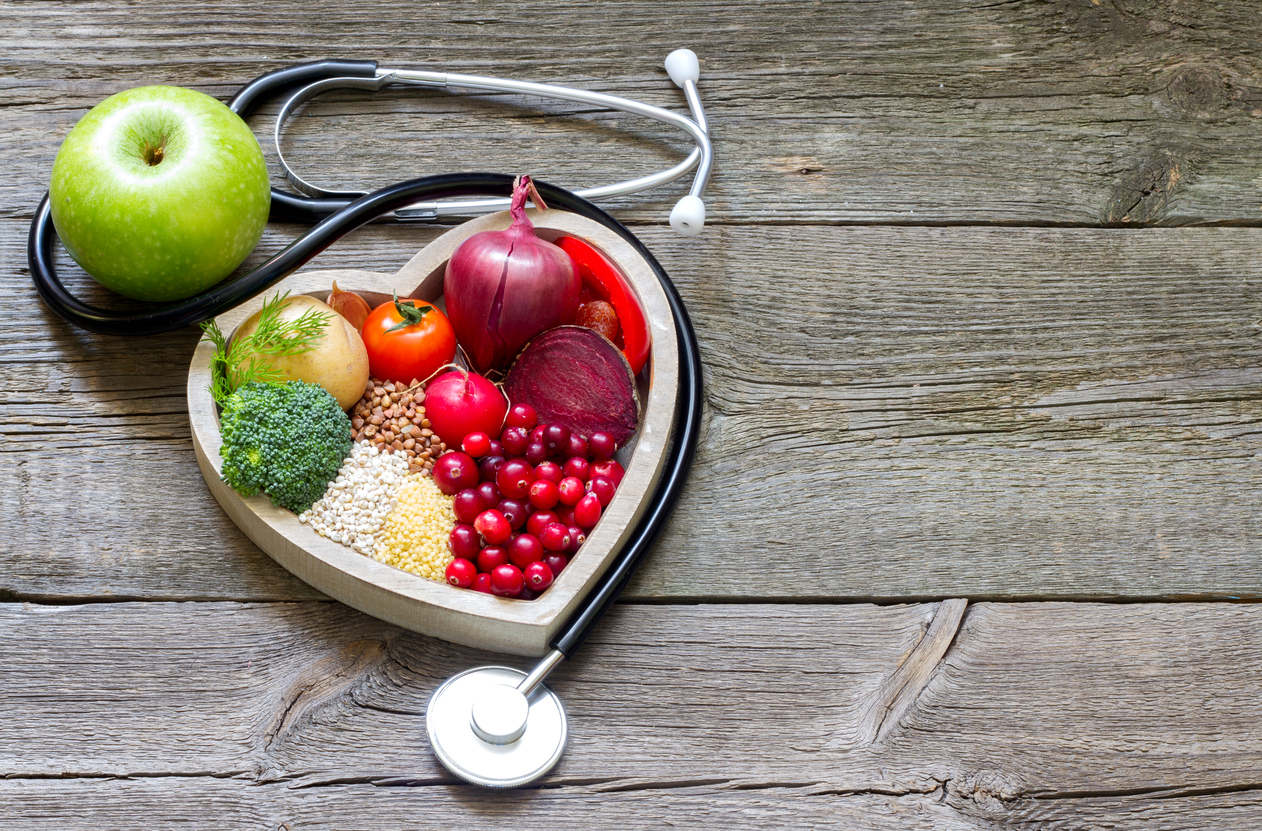by Charleene O’Connor…
Consumers today will pay a premium for organic, wholesome products. People want to live as naturally as they can, so the consumer environment is ripe for companies and marketers to emphasize all the “clean” benefits of their products. At Nimble Fitness, we know that choosing natural, high-quality food and cleaning products are one of the most important health decisions we all make on a daily basis. Going “natural” is not enough, however–we all need to be careful about what we’re actually buying!
Let’s start with what we eat—specifically fish and produce. Ideally, the healthiest choices when it comes to fish and seafood are high in omega-3 fatty acids and low in mercury. Pregnant woman, children and people who eat seafood frequently must limit mercury consumption by avoiding seafood that is known to be high in mercury. The fish that are highest in Omega-3 and lowest in mercury are Salmon (wild caught if possible), Sardines, Muscles and Rainbow Trout. Seafood that you might want to cut down on/eat rarely, and which have the highest mercury content, are Sea Bass, Albacore Tuna and Lobster. And there is a lot of seafood that falls somewhere in the middle on the mercury/Omega 3 scale. Overall, variety and good sourcing (knowing where your food comes from) are key when consuming seafood.
Another food choice that requires more careful consideration is store-bought produce. Did you know that two-thirds of the produce that was sampled in recent government testing had pesticide residues? The food labeled “conventional” at your grocery carries a lot of pesticide residue, which helps preserve the produce longer on the shelf. Foods labeled “Organic” have been grown in different soil and do not carry the same pesticides, so look for the organic label.
The foods known as the dirty dozen usually carry the greatest amount of hazardous pesticides—watch out!: Strawberries, Apples, Nectarines, Peaches, Celery, Grapes, Cherries, Spinach, Tomatoes, Sweet Bell Peppers, Cherry Tomatoes, Cucumbers, Hot Peppers, Kale, and Collards. The clean fifteen are the foods know to (usually) have the lowest amount of pesticides: Avocados, Sweet Corn, Pineapples, Cabbage, Sweet Peas, Frozen Onions, Asparagus, Mangos, Papayas, Kiwis, Eggplants, Honeydew Melons, Grapefruit, Cantaloupe, and Cauliflower.
And the next time you’re food shopping, take a quick look at that little sticker on your fruits and veggies—it can tell you a lot! Here’s a quick primer: First, you’ll notice that the stickers on fruits and veggies will have a 4 or 5 digit code. If your produce has 4 digits, it means that it was “conventionally grown, not organic”. If it has 5 digits, and begins with a 9, it means that the produce was organically grown. A 5-digit code that begins with an 8, however, indicates that the produce was genetically modified. [happyhealthylife.com]
Finally, many household cleaning products are not required to disclose ingredients on product labels, so they don’t. This makes it incredibly difficult for consumers to choose safe products. Don’t blindly trust marketing claims that are printed on the pretty bottles! Here are some basic ideas of what to watch out for in cleaning/personal care products: antibacterial cleaners; air fresheners; drain cleaners; chemical hair straighteners; dark permanent hair dyes; loose powders (possible inhalation damage); perfumes/fragrances that may cause allergies; and skin lighteners (skin irritation and damage).
There are perfectly safe, natural cleaning alternatives like: white vinegar, baking soda, lemon juice, and washing soda. Lemon is pretty amazing for tough stains, grease and general cleaning. White Vinegar is also an amazingly versatile cleaner to have in your home. There are also plenty of organic, naturally sourced personal care products that are available as well.
All of the bad marketing, unhealthy ingredients and confusion actually led me to create my own brand of organic, toxin-free skin and home care products called TRUTH. If you’re interested in natural alternatives, or have further questions about safe food and home products, feel free to contact me and try some samples of TRUTH or get your complimentary Aromatherapy consultation.
Charleene O’Connor



